It was at the age of 23 when I first discovered South America. As an inexperienced backpacker fresh out of university, I decided to spend six months travelling around the continent. I grew my hair, bought some beads and away I went with nothing but a couple of t-shirts and a Lonely Planet guide. The culture, the openness and warmth of the people I met and the beauty of the environment was like nothing I had ever experienced before and it was at this point that I was bitten by the bug (thankfully not malaria). I vowed that by the age of 30 I would return to the continent. I have no idea why I placed this arbitrary figure on my return but it just felt right at the time.
Anyway, thanks to the Santander PGR grant I was able to realise this aspiration and in my 30thyear I spent two weeks over this July and August in Bogota, Colombia. A colleague and I from Bournemouth University Dementia Institute (BUDI) were provided the opportunity to visit and work with the Universidad del Rosario. The Schedule was hectic and full-on and included four full days of lectures and discussions running from 7am to 5pm (Bogota has no seasons and so it is always light at 6am and always dark by 6pm whatever the time of year) arranged by our hosts Laura and Olga who were Occupational Therapist lecturers at the university. We were invited as expert speakers to enlighten, what is fair to say, a very medically minded audience of neuropsychologists, doctors and medical students on more sociological approaches to understanding dementia. Our lectures were warmly received by the audience and interesting discussions have already begun on how BUDI can work with the Universidad del Rosario to introduce more sociological approaches into their teaching schedules and collaborate on future research. This opportunity, as a relatively early career researcher, was nerve-racking yet enthralling and has certainly provided me with the confidence to present, discuss and defend my research in public arenas.

Outside the Local Government HQ with Joanna and Dr Alvaro Mayorga a neuropsychologist from the Universidad del Rosario
However this was not the highlight of the trip for me. This came in the second week when we were introduced to Dr Ricardo Alvarado who was to accompany us on our visit to Nocaima, a small remote settlement just outside of Bogota. As a relatively reserved English PhD student meeting a senior and well respected academic for the first time, I offered out my hand for the usual formalities only to find it being swept aside by Dr Alvarado and replaced by a huge embrace. At this point I remembered why I loved the Latin American people; there was no pretence with them. Dr Alvarado, was genuinely excited to see us. He had read about my PhD work, which involved working with rural communities of Dorset to set up activity groups for older people with dementia, and was keen to show us the work he was doing in Nocaima creating a healthy municipality.
During the winding three hour drive to Nocaima, and despite the fact that it was 6am, Dr Alvarado bounced around the minivan as he attempted to deliver a standing lecture about the work he had been doing with the rural community. He described the many problems which faced rural settlements in Colombia, as lack of jobs, income, and healthcare coupled with drug trafficking, armed conflict and acts of terrorism forced many people, particularly the young and more mobile, to head for the cities and never return. Consequently, this meant that rural communities were dying out and the populations of major cities, particularly Bogota, were rapidly increasing beyond control leaving many people living in cramped dilapidated housing on the fringes of the city. The ‘Healthy Municipality’ project aimed to develop strategies that promoted the commitment of citizens to individual and community health and in doing this it was hoped that it would encourage people to remain within the rural settlements. The project began in 2001 and since then a number of interventions have been implemented to address the needs of the Nocaima community including: employment generation; The Healthy and Useful Schools initiative; a comprehensive human development program and; a basic care plan support for the population. Dr Alvarado described in great depth the work they were doing to educate the young and working age population of Nocaima around health and well-being and to improve the services and development for the area. However until he was made aware of BUDI’s visit he had not considered introducing any initiatives for the elderly population. Despite this though, the elderly in the town had created their own group called ‘Semillas de Amor’ or ‘Seeds of love.’ All members of the group wore a white t-shirt and regularly met (some walking for over three hours each way) to participate in activities and to socialise at the back of one of the facilities that had been constructed as part of the Healthy and Useful Schools Initiative. Dr Alvarado was aware that dementia may be a concern for some of this population, yet as is the case all over the world, stigma and ill-informed perceptions of the condition presented a huge barrier in the society. Although he had recently begun some preliminary work testing for dementia throughout this population, he was keen ‘to pick our brains’ on ways he could work with the community to break down these barriers and to promote the well-being of the elderly population using more sociological and holistic approaches.

Dr Alvarado providing us with a more sedate lecture on the work of the Healthy Municipality
As soon as we arrived and stepped off the van we were greeted by two members of the ‘Semillas de Amor’ who placed a bag of Clementines into our hands as a welcoming gift and took us to meet the rest of the group. Around 40 elderly people sat outside playing games, drinking tinto (black coffee) and eating cake. Using a mixture of pigeon Spanish and exaggerated hand gestures, I introduced myself and was warmly received by everyone there. Following a half hour meeting with the group, where I was encouraged to continually stand up and speak in an English accent to the amusement of everyone, we were taken to meet Joanna, a senior member of the local authority. She fully embraced Dr Alvarado’s work and had collaborated closely with him to implement many of the strategies in Nocaima. She was keen to show us the town and the care home where a number of elderly people, some with obvious signs of mental ill health, had been abandoned by their families when they migrated to the cities.
The care home was clean and the residents clearly well looked after which was astounding when I was introduced to the one and only carer working in the home. She was responsible for washing and dressing the 33 residents everyday, addressing any medical concerns they had and then working with the chef (the only other employee in the care home) to prepare the meals. It was an arduous task for this one woman, particularly when one of the residents needed to visit the hospital meaning that the chef was left solely in charge of the other 32 residents. At BUDI we continually promote person-centred care approaches, to understand the person and give time and consideration to their care needs, but the situation I was faced with in the care home put everything into stark reality. The care home existed on small funding pots and donations from the community alone. There was no way that additional carers could be employed and so this one woman was left to do everything on her own. Despite this though, she had developed close relationships with the residents, understood what made them ‘tick’ and went out of her way to address all of their care requirements. For this she truly deserves a medal. In fact Joanna described her as half way to heaven already and I had to agree!
However, what really struck me during my visit to Nocaima was the sense of community and the strong bond between the generations of people. People within the community looked out for others in the community as well as those in the care home. When working with rural populations, the informal support and networks that have developed over years of people living together are invaluable when implementing dementia care strategies. Of course they have the potential to be destructive to a person’s well-being if stigma surrounding dementia is prevalent and continually perpetuated but if these communities can come to see dementia in a different light, through initiatives that attempt to raise awareness and understanding of the condition, then they can offer huge support to these people and the benefits can be enormous.
My first trip to Nocaima and my first meeting with Dr Alvarado is something that I will never forget. I am excited about the future work that I can embark on with the community and Dr Alvarado and even on the drive back I was thinking about my first book-setting up Colombia’s first Dementia Friendly Municipality! Still, for now my feet are having to remain firmly grounded as I undertake the ‘small’ task of finishing my PhD. Gracias Nocaima y hasta pronto!

Still rocking the beads (old habits die hard) with one of the care home residents
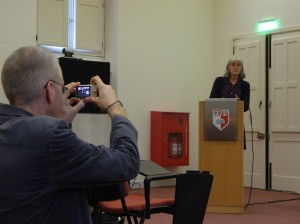
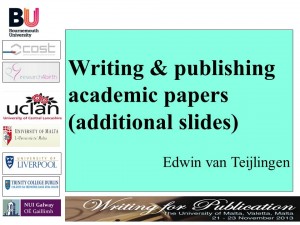


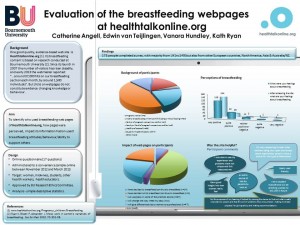
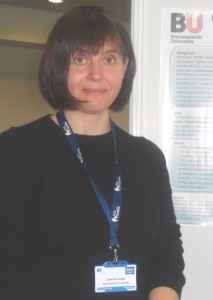
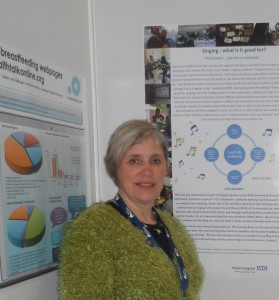
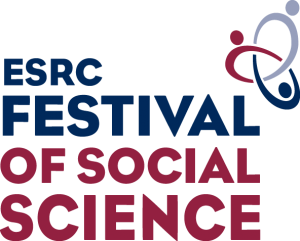
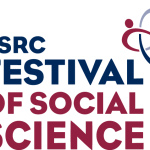
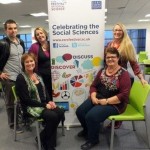

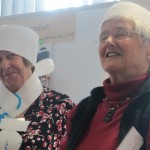
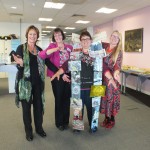
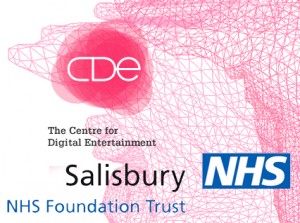
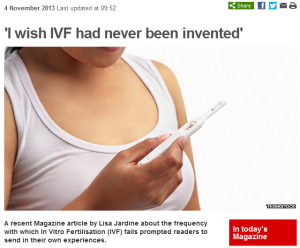
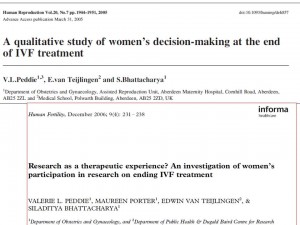

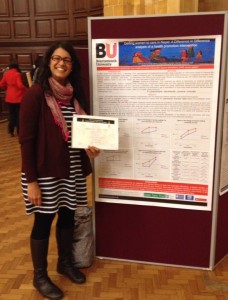

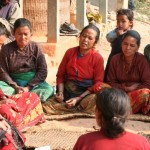

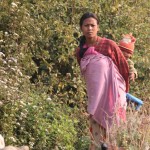
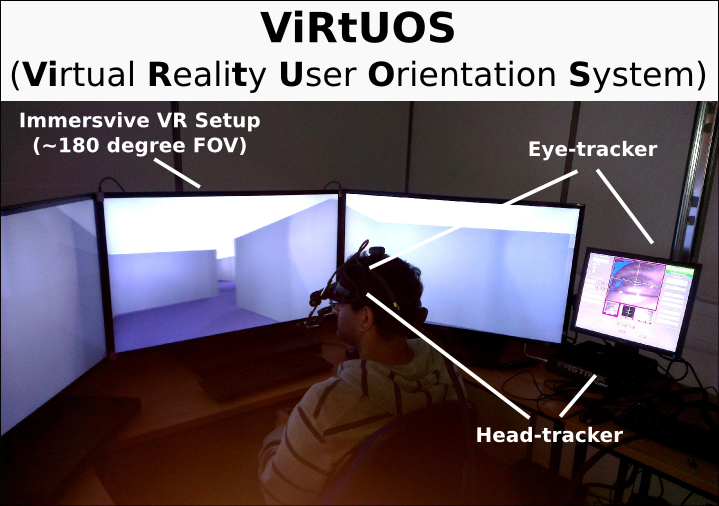


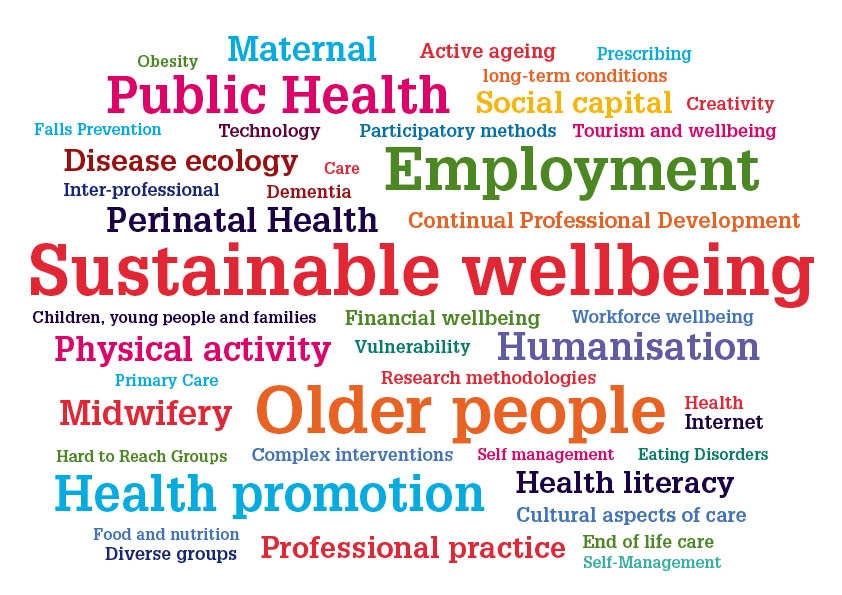



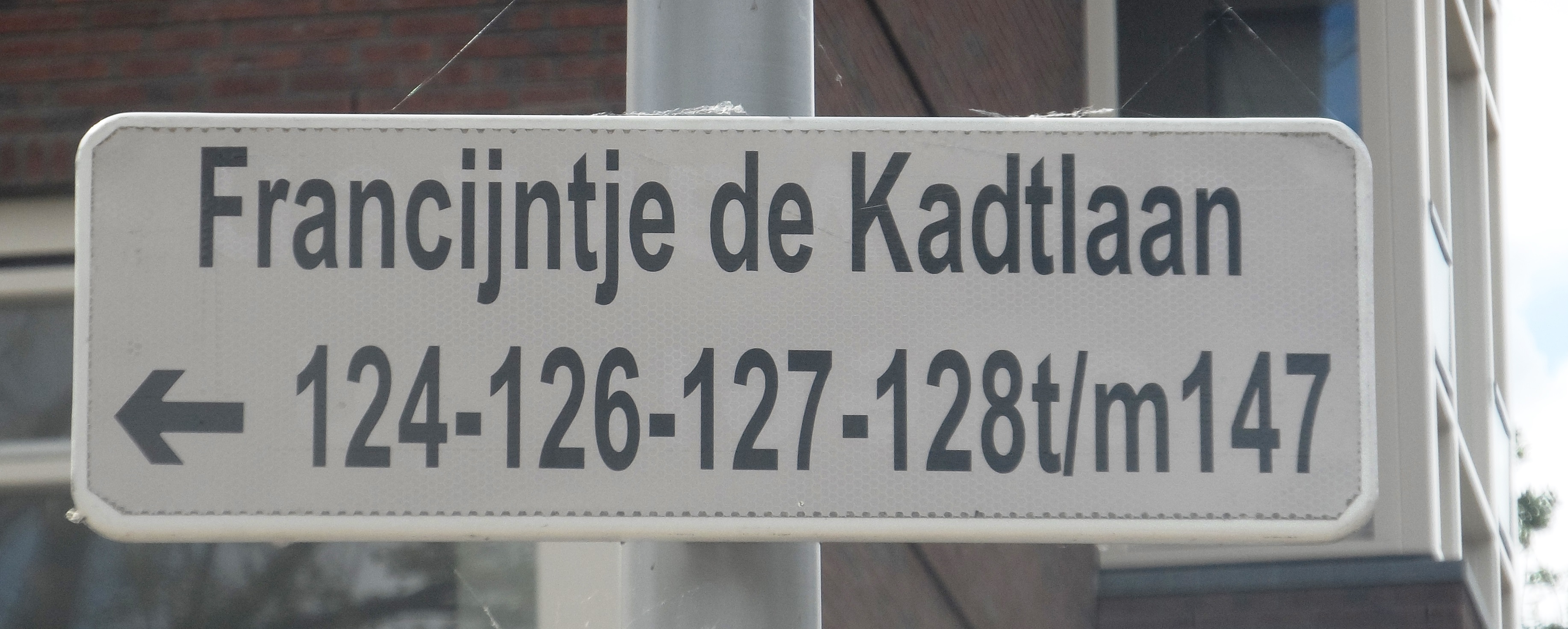











 REF Code of Practice consultation is open!
REF Code of Practice consultation is open! BU Leads AI-Driven Work Package in EU Horizon SUSHEAS Project
BU Leads AI-Driven Work Package in EU Horizon SUSHEAS Project Evidence Synthesis Centre open at Kathmandu University
Evidence Synthesis Centre open at Kathmandu University Expand Your Impact: Collaboration and Networking Workshops for Researchers
Expand Your Impact: Collaboration and Networking Workshops for Researchers ECR Funding Open Call: Research Culture & Community Grant – Apply now
ECR Funding Open Call: Research Culture & Community Grant – Apply now ECR Funding Open Call: Research Culture & Community Grant – Application Deadline Friday 12 December
ECR Funding Open Call: Research Culture & Community Grant – Application Deadline Friday 12 December MSCA Postdoctoral Fellowships 2025 Call
MSCA Postdoctoral Fellowships 2025 Call ERC Advanced Grant 2025 Webinar
ERC Advanced Grant 2025 Webinar Update on UKRO services
Update on UKRO services European research project exploring use of ‘virtual twins’ to better manage metabolic associated fatty liver disease
European research project exploring use of ‘virtual twins’ to better manage metabolic associated fatty liver disease